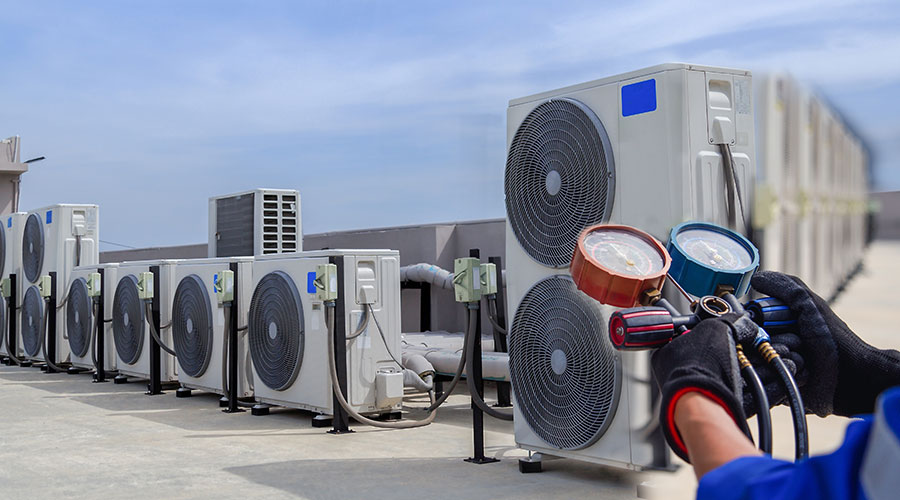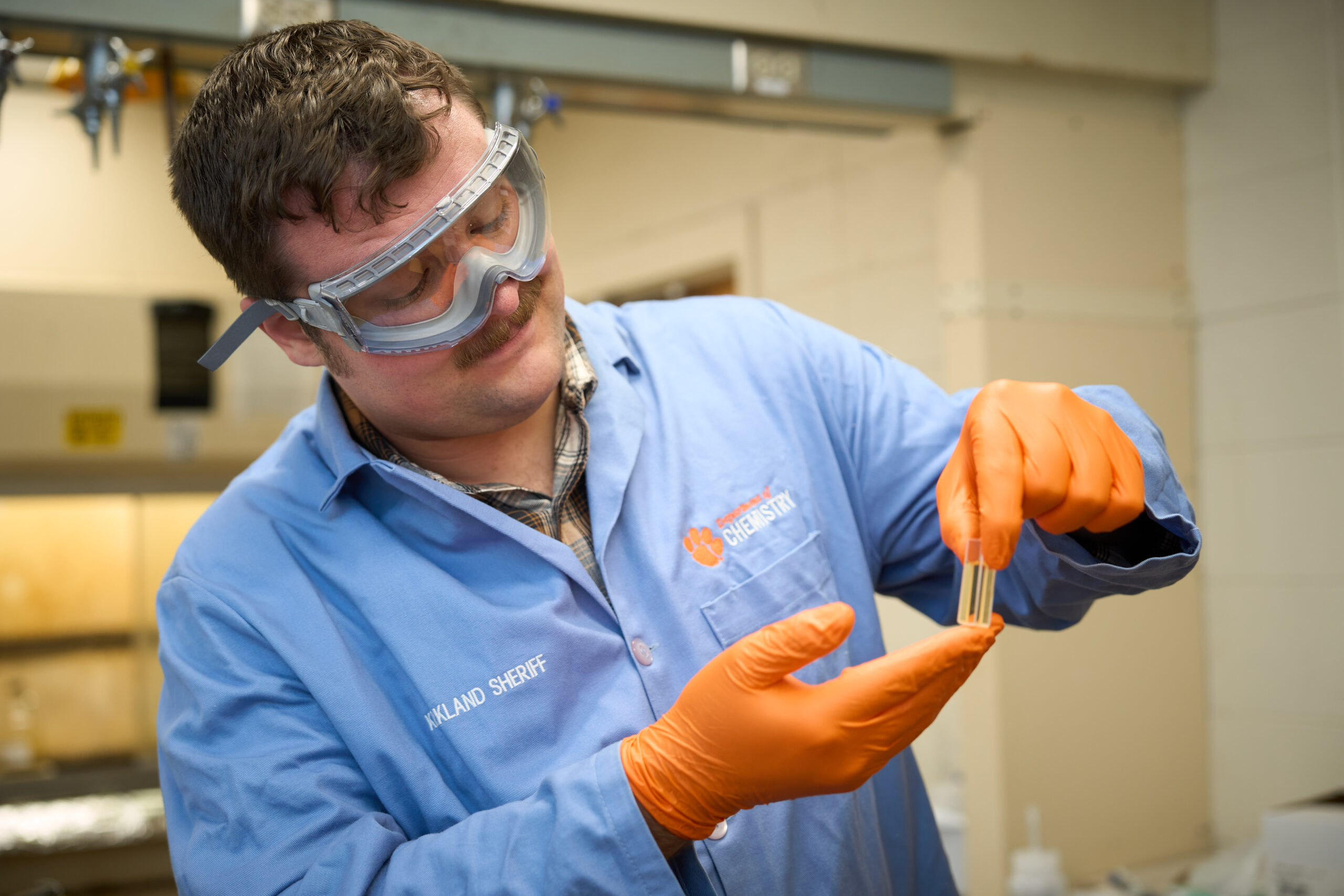Delhi air pollution: Parents, activists protest at India Gate, detained for assembling without permission – The Hindu
Report on Civil Action Against Air Pollution in New Delhi
Incident Summary
A protest was staged at the India Gate in New Delhi on November 9, 2025, by a group of citizens, including parents and environmental activists, in response to the city’s deteriorating air quality.
- Objective: To demand urgent and effective government action to ensure clean air for residents.
- Participants: A coalition of concerned parents, children, and environmental advocates.
- Outcome: Several protesters were preventively detained by police for assembling at a non-designated protest site.
Public Health Crisis and SDG 3: Good Health and Well-being
The protest underscored the severe public health crisis precipitated by air pollution, directly challenging the progress towards Sustainable Development Goal 3 (Good Health and Well-being). Protesters highlighted the failure to protect citizens, especially vulnerable populations like children.
- Environmentalist Bhavreen Khandari stated that one in three children in the city suffers from lung damage.
- It was further noted that life expectancy for children growing up in polluted environments is reduced by nearly a decade.
- These health outcomes are in direct conflict with SDG 3’s target to substantially reduce the number of deaths and illnesses from hazardous chemicals and air, water, and soil pollution and contamination.
Urban Environment and SDG 11: Sustainable Cities and Communities
The demonstration served as a public call for accountability regarding urban environmental management, a core component of Sustainable Development Goal 11 (Sustainable Cities and Communities). Grievances pointed to a systemic failure in maintaining a safe and sustainable urban environment.
- Protesters asserted that the government has failed to provide the fundamental right to breathe clean air.
- A comparison was drawn between Delhi’s past status as a “green capital” and its current ranking as one of the world’s most polluted cities.
- This decline contravenes SDG Target 11.6, which aims to reduce the adverse per capita environmental impact of cities, with special attention to air quality.
Institutional Accountability and SDG 16: Peace, Justice and Strong Institutions
The events surrounding the protest also have implications for Sustainable Development Goal 16 (Peace, Justice and Strong Institutions), which promotes responsive, inclusive, and accountable institutions at all levels.
- Protesters reported that their request for an appointment with the chief minister was refused, indicating a lack of access to elected officials.
- The detention of citizens exercising their right to peaceful assembly, albeit at an unauthorized location, raises questions about institutional responsiveness to public grievances.
- The political “blame game” cited by a protester points to a deficit in the effective and accountable governance required to achieve sustainable development objectives.
Analysis of Sustainable Development Goals (SDGs) in the Article
1. Which SDGs are addressed or connected to the issues highlighted in the article?
-
SDG 3: Good Health and Well-being
- The article directly connects the issue of “worsening air quality” to severe health problems. An environmentalist is quoted saying, “Every third child already has damaged lungs; they will live nearly 10 years less than those growing up in cleaner air.” This highlights the direct impact of environmental pollution on human health and longevity, which is a core concern of SDG 3.
-
SDG 11: Sustainable Cities and Communities
- The protest and the issue of air pollution are specifically located in “the national capital,” Delhi. A protester notes that Delhi “ranks among the most polluted cities in the world.” This focuses on the challenge of managing urban environments and reducing their negative impacts, a key aspect of SDG 11, which aims to make cities inclusive, safe, resilient, and sustainable.
-
SDG 16: Peace, Justice and Strong Institutions
- The article describes a situation where citizens are demanding government accountability and action. Protesters state, “We want to meet our elected officials. We had sought an appointment with the chief minister but were refused,” and “Politicians keep blaming each other instead of taking responsibility.” This points to a need for more responsive and accountable institutions. Furthermore, the detention of protesters (“several protesters were detained for assembling without permission”) touches upon the protection of fundamental freedoms, such as the right to peaceful assembly, which is also under the purview of SDG 16.
2. What specific targets under those SDGs can be identified based on the article’s content?
-
Target 3.9: By 2030, substantially reduce the number of deaths and illnesses from hazardous chemicals and air, water and soil pollution and contamination.
- The article’s emphasis on children suffering from “damaged lungs” and a reduced life expectancy of “nearly 10 years” due to polluted air directly relates to this target of reducing illnesses and deaths from air pollution.
-
Target 11.6: By 2030, reduce the adverse per capita environmental impact of cities, including by paying special attention to air quality and municipal and other waste management.
- The central theme of the article is the “worsening air quality” in Delhi, a major city. The protest is a direct response to the city’s failure to manage its air quality, aligning perfectly with this target’s focus on the environmental impact of cities.
-
Target 16.7: Ensure responsive, inclusive, participatory and representative decision-making at all levels.
- The protesters’ failed attempt to secure a meeting with the chief minister (“sought an appointment… but were refused”) and their general frustration with politicians (“keep blaming each other instead of taking responsibility”) indicate a breakdown in responsive and participatory governance, which this target aims to address.
-
Target 16.10: Ensure public access to information and protect fundamental freedoms, in accordance with national legislation and international agreements.
- The police action of detaining protesters for “assembling without permission” directly relates to the protection of fundamental freedoms, specifically the freedom of peaceful assembly. This target is relevant as it addresses the state’s role in protecting such rights.
3. Are there any indicators mentioned or implied in the article that can be used to measure progress towards the identified targets?
-
For Target 3.9:
- The article implies indicators related to morbidity and mortality rates from air pollution. The statement, “Every third child already has damaged lungs,” serves as a qualitative indicator of morbidity. The claim that children “will live nearly 10 years less” is a stark indicator of mortality impact.
-
For Target 11.6:
- The article explicitly mentions a key indicator of urban air pollution: the Air Quality Index (AQI). The reference to “Delhi’s air quality slips into ‘severe’ category; several areas record AQI above 400” provides a specific, measurable data point that is used to track progress (or lack thereof) towards this target.
-
For Target 16.7:
- An implied indicator is the level of public trust and perception of government responsiveness. The statements from protesters about being refused a meeting with officials and politicians blaming each other reflect a negative perception and a lack of responsive decision-making.
-
For Target 16.10:
- A direct indicator is mentioned: the number of citizens detained for exercising their right to protest. The article states, “several protesters were detained for assembling without permission,” which can be quantified to measure restrictions on fundamental freedoms.
4. Summary Table of SDGs, Targets, and Indicators
| SDGs | Targets | Indicators (Mentioned or Implied in the Article) |
|---|---|---|
| SDG 3: Good Health and Well-being | 3.9: Substantially reduce deaths and illnesses from air pollution. |
|
| SDG 11: Sustainable Cities and Communities | 11.6: Reduce the adverse per capita environmental impact of cities, paying special attention to air quality. |
|
| SDG 16: Peace, Justice and Strong Institutions |
16.7: Ensure responsive, inclusive, participatory and representative decision-making.
16.10: Ensure public access to information and protect fundamental freedoms. |
|
Source: thehindu.com
What is Your Reaction?
 Like
0
Like
0
 Dislike
0
Dislike
0
 Love
0
Love
0
 Funny
0
Funny
0
 Angry
0
Angry
0
 Sad
0
Sad
0
 Wow
0
Wow
0













































































